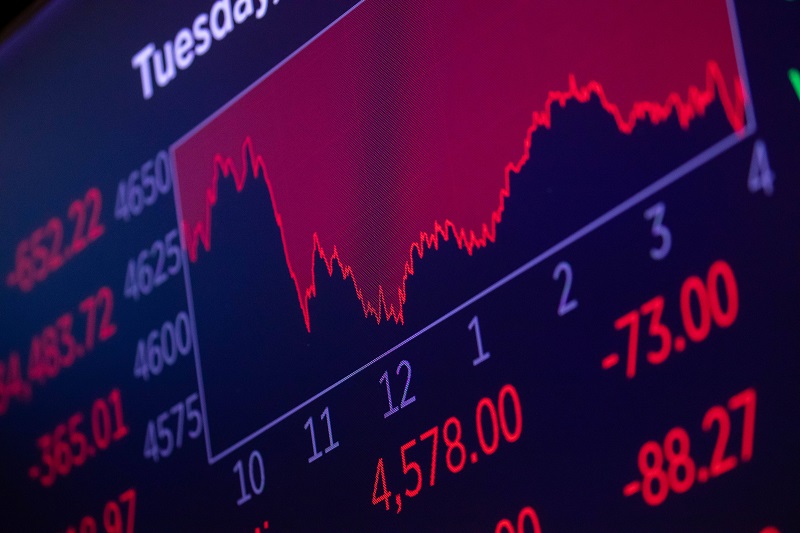In the realm of global finance, stock exchanges play a pivotal role in facilitating the buying and selling of securities. These exchanges provide a platform for businesses to raise capital and for investors to trade stocks, bonds, and other financial instruments. While there are numerous stock exchanges around the world, some stand out as the largest in terms of market capitalization and trading volume. In this article, we will explore the ten largest stock exchanges in the world, shedding light on their significance and impact on the global economy.
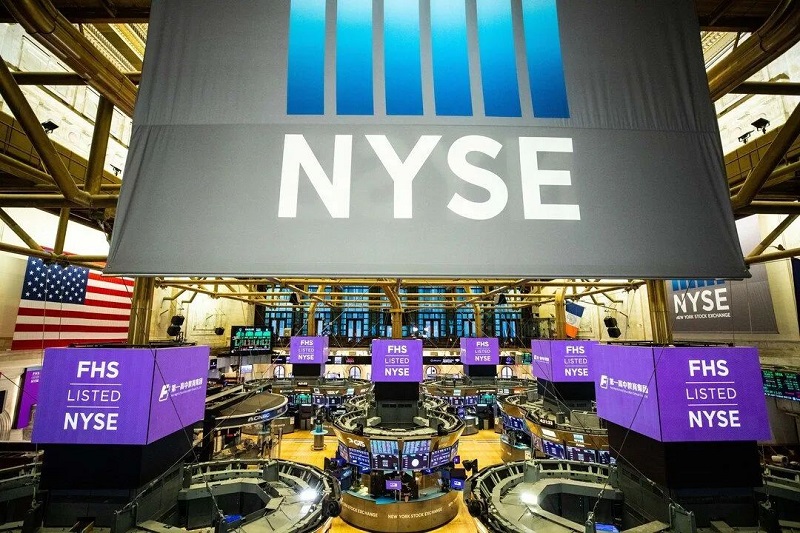
1. New York Stock Exchange (NYSE)
Undoubtedly the most well-known stock exchange, the NYSE is headquartered on Wall Street in New York City. With a market capitalization of over $30 trillion, it is the largest stock exchange globally. Founded in 1792, the NYSE has a rich history and is home to some of the world's most prominent companies, including Apple, Microsoft, and JPMorgan Chase.
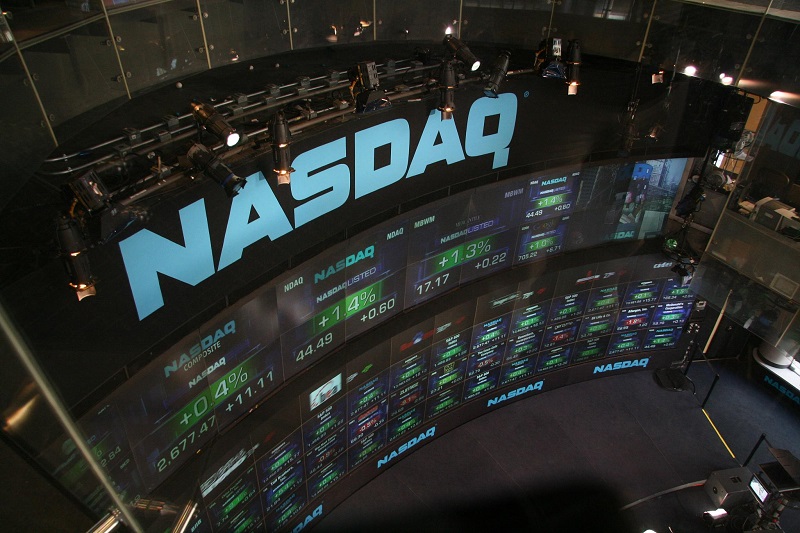
2. NASDAQ
Based in New York City as well, NASDAQ is renowned for its technology-focused listings. Boasting a market capitalization of around $20 trillion, it is the second-largest stock exchange worldwide. NASDAQ is home to tech giants such as Apple, Amazon, and Google. Unlike the NYSE, NASDAQ operates as a fully electronic exchange.
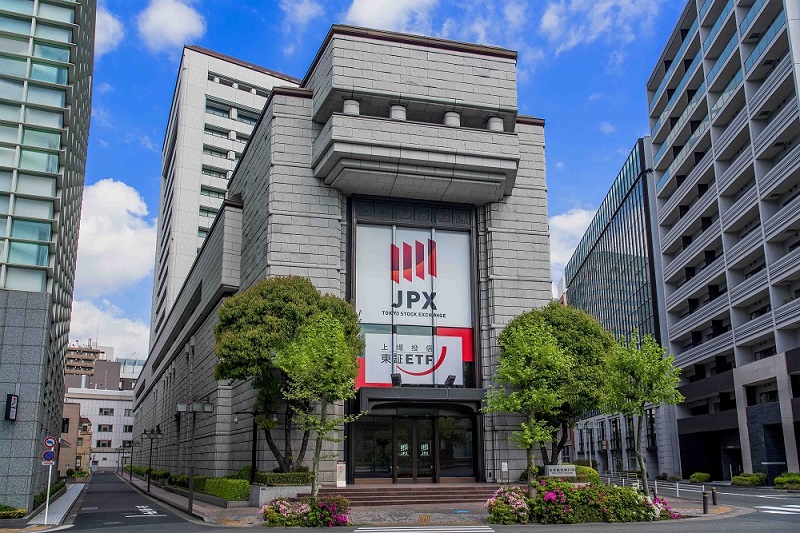
3. Tokyo Stock Exchange (TSE)
As the third-largest stock exchange globally, the TSE holds a significant position in the Asian financial market. With a market capitalization of approximately $6 trillion, it serves as a crucial hub for Japanese and international companies. Established in 1878, the TSE is known for its stability and adherence to strict regulations.
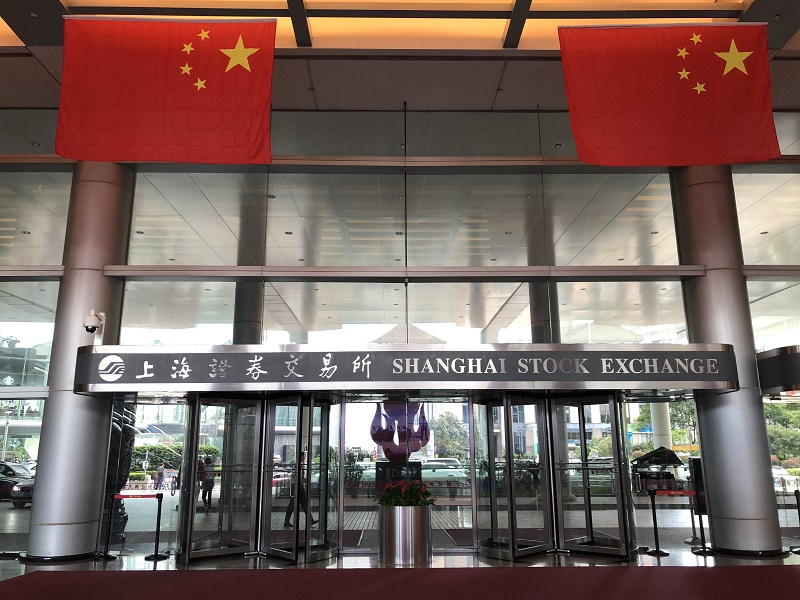
4. Shanghai Stock Exchange (SSE)
The SSE is the largest stock exchange in mainland China and ranks fourth globally in terms of market capitalization. With a value of around $5 trillion, it plays a pivotal role in China's economic growth and development. The SSE has witnessed rapid expansion in recent years and continues to attract both domestic and international investors.

5. Hong Kong Stock Exchange (HKEX)
Located in one of Asia's leading financial centers, the HKEX ranks fifth globally in terms of market capitalization. With a value exceeding $4 trillion, it serves as a gateway for international investors looking to tap into China's market. The HKEX is known for its robust regulatory framework and diverse range of listings.

6. Euronext
Euronext operates multiple stock exchanges across Europe, including Amsterdam, Brussels, Dublin, Lisbon, and Paris. With a combined market capitalization of approximately $4 trillion, it is one of the largest exchanges globally. Euronext offers access to diverse industries and serves as a bridge between European economies.
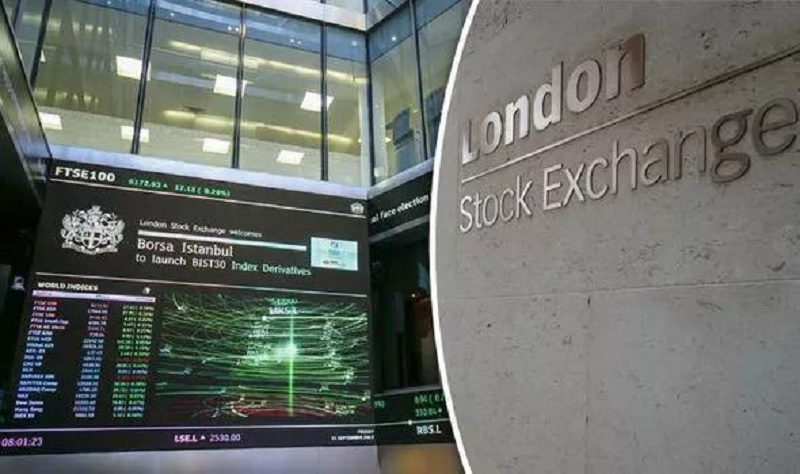
7. London Stock Exchange (LSE)
The LSE holds a prominent position in the global financial landscape, ranking seventh in terms of market capitalization. With a value exceeding $3 trillion, it serves as a hub for international investors and multinational companies. The LSE is known for its strong regulatory framework and its role as a global center for trading equities and bonds.
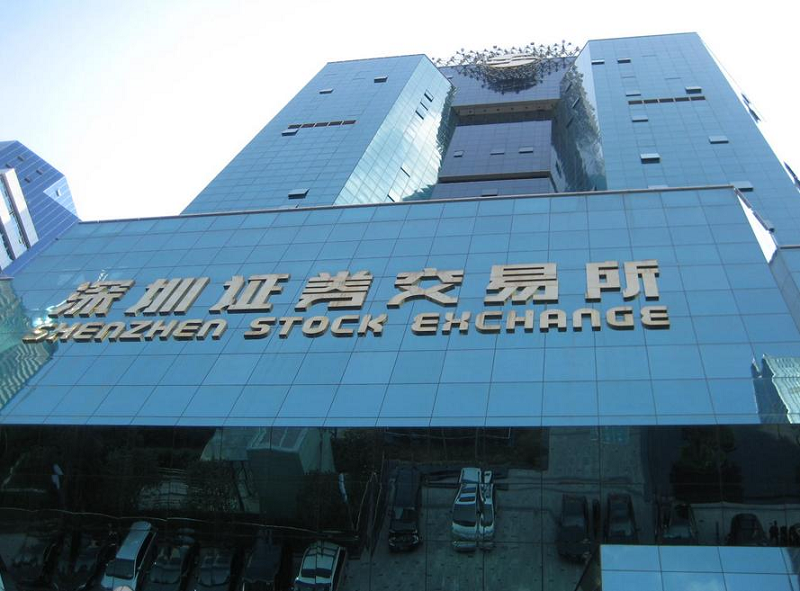
8. Shenzhen Stock Exchange (SZSE)
As another major stock exchange in China, the SZSE ranks eighth globally with a market capitalization of around $3 trillion. It plays a crucial role in China's domestic market and is known for its focus on technology and innovation-driven companies. The SZSE has gained prominence in recent years due to China's rapid economic growth.
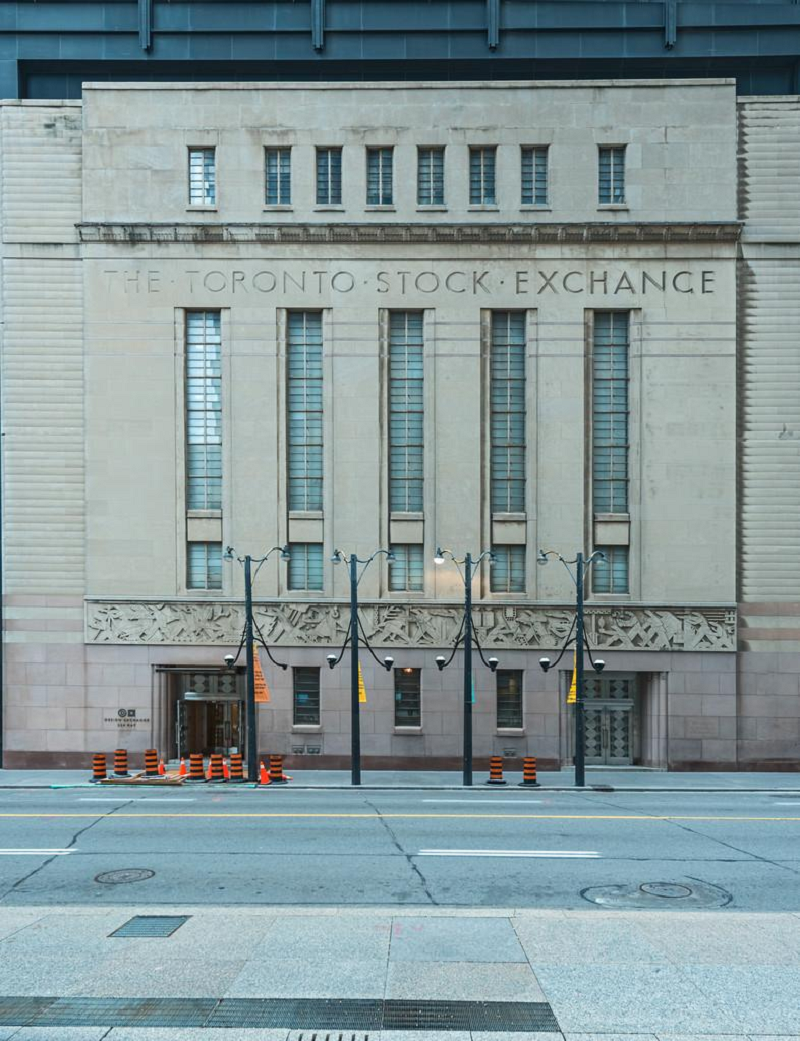
9. Toronto Stock Exchange (TSX)
The TSX is Canada's largest stock exchange and ranks ninth globally in terms of market capitalization. With a value exceeding $2 trillion, it serves as a vital platform for Canadian companies to raise capital and expand their operations. The TSX is known for its strong presence in sectors such as mining, energy, and finance.
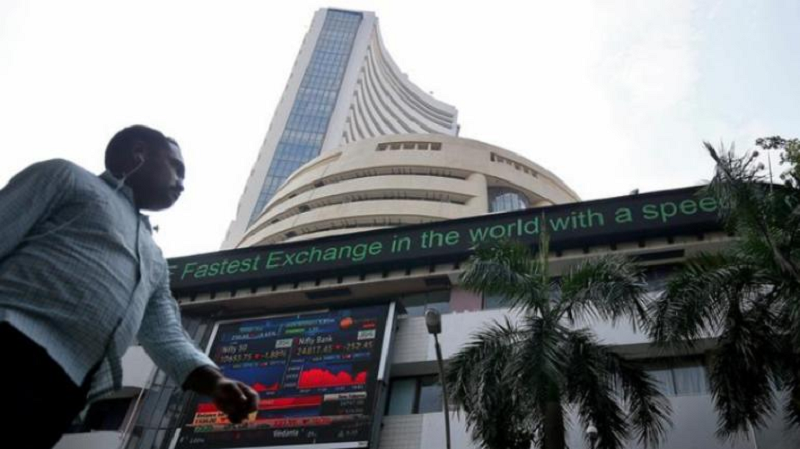
10. Bombay Stock Exchange (BSE)
As India's oldest stock exchange, the BSE holds significant importance in the country's financial landscape. With a market capitalization of around $2 trillion, it ranks tenth globally. The BSE plays a crucial role in India's economic growth and provides a platform for both domestic and international investors.
Stock exchanges are essential pillars of global finance, providing platforms for businesses to raise capital and investors to trade securities. The ten largest stock exchanges mentioned above play a crucial role in shaping the global economy and attracting investments from around the world. As financial markets continue to evolve, these exchanges will undoubtedly remain at the forefront of facilitating economic growth and development on a global scale.




